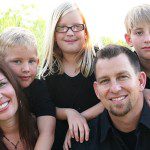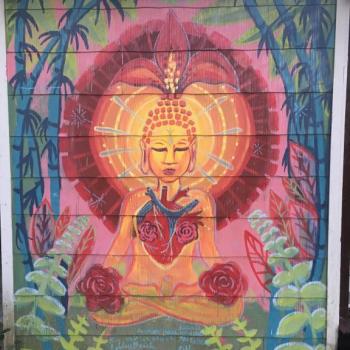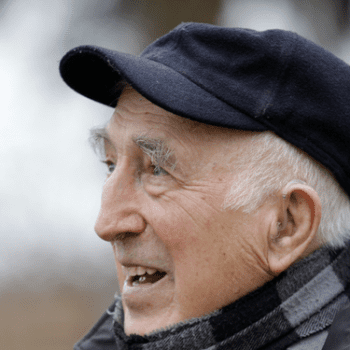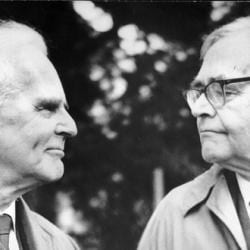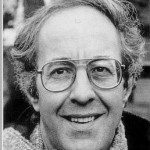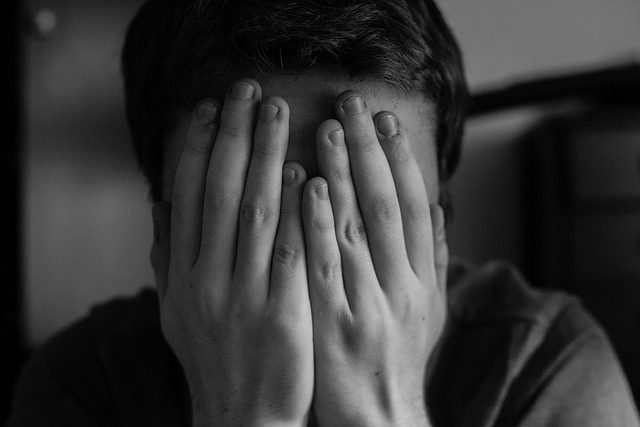
[TW: Suicide] I’m not okay. Three of the most courageous and powerful words anyone can say aloud. Anytime those three words are uttered, they create authentic community. They awaken compassion and shatter oppressive social facades. But it’s so hard to interrupt the cheery banter of college life to say, “Sorry for changing the subject, but I’m actually feeling terrified and I want my life to end.” I didn’t tell anyone I wasn’t okay in December, 1998 when I tried to kill myself my junior year in college. Three years later, in Toledo, Ohio, I found a church where it was okay not to be okay. It’s become my life vocation to create space where people can tell each other they’re not okay and receive the divine grace that makes them whole. I just haven’t figured out how to do it.
We had another student suicide at Tulane this past weekend. I did not know the young woman but I know some students who loved her. Grieving with them yesterday triggered my own dark memories. The semester that I tried to kill myself also happened to be the peak of my student leadership at the University of Virginia. It was my junior year. I had founded two student organizations. I was writing for the hipster alternative newspaper. I had organized a forum with international speakers about the Israeli Palestinian conflict. I was pledging the service fraternity Alpha Phi Omega. I had no idea how lonely I was.
But then my Religion and Drama term paper started kicking my ass. I had a panic attack which escalated into a spiral of irrational thoughts about failing out of college. And there wasn’t anyone I felt safe calling to help me come to my senses. Because I was a student leader. I was applying to live on the Lawn where the 54 most influential UVA students live their senior year. I had public relationships with many people, but intimacy with almost no one. So I tried mixing Nyquil and a bottle full of ibuprofen. And when it didn’t happen fast enough, I called 911 and spent the weekend in the psych ward.
The three years after that were very dark. But it was through that darkness that I found my way to Central Avenue United Methodist Church in Toledo, Ohio, where a congregation of mostly older lesbians made it safe for me to heal. I’ll never forget the best conversation I’ve ever had with a pastor. I sat down and told her I was taking Zoloft, which felt like a shameful thing to confess. And she said, “Oh really? Me too!” The incredible sense of relief and safety that I experienced in that moment is what I want other people to experience in conversations I have as a pastor.
That church introduced me to Henri Nouwen, a man whose journey through a life of severe depression was the basis for some of the most profoundly beautiful and comforting words I’ve ever read. Nouwen talked about the vocation of being a wounded healer, someone whose struggles are the source of the nurture that they provide to others. And I knew that was how I wanted to spend my life.
But I haven’t figured out how to do it. I don’t know how to create a space where it’s okay not to be okay. When I reach a certain threshold of trust in my relationships, we have some incredibly healing conversations. But building that trust is so hard. The only thing I know how to do is to be vulnerable and try my best not to overshare and take up too much space. But I can’t make people open up to me. And it crushes me that so few people do. If you want to deflate a wounded healer, then say, “Thank you, I’m fine,” whenever we offer you anything. The best gift you can give to a pastor is to say anything other than “fine” when we ask you how you’re doing.
At Tulane University, I walk through an ocean of people who are “just fine.” But there’s a three month waiting list at the counseling center. This culture of “just fine” is literally killing our students. I am so done with the overachieving game faces that everyone is expected to wear because everyone else is wearing them. I am so done with the laughter that’s really a mask. I am so done with the blithe, lighthearted cynicism that’s supposed to be our response to everything in life.
So how do we make space for real talk? Because I don’t think it happens without intentionality. Some people have besties they can cry with and share their deepest darkest secrets with. And some people don’t. I certainly didn’t my third year in college. The best model I’ve found for this kind of space is in the twelve step world. For some reason, I can say things aloud in a room of strangers that there just isn’t a good time to say aloud anywhere else. Because when I walk in the room, I know what I’m there for. It’s such an utterly simple format. Just go around in a circle and share for 3 minutes or less. But it works!
There’s something really powerful about telling other people in my physical presence what’s really going on with me. And doing that every week or even every day is what has helped millions of people around our world to overcome the addictions that we fall into when we’re trying to keep up the facade that everything’s okay. That’s what I desperately want church to look like. I don’t know how to do it. I know I can’t force it. But I’m going to keep asking God how.
Check out my book How Jesus Saves the World From Us!


